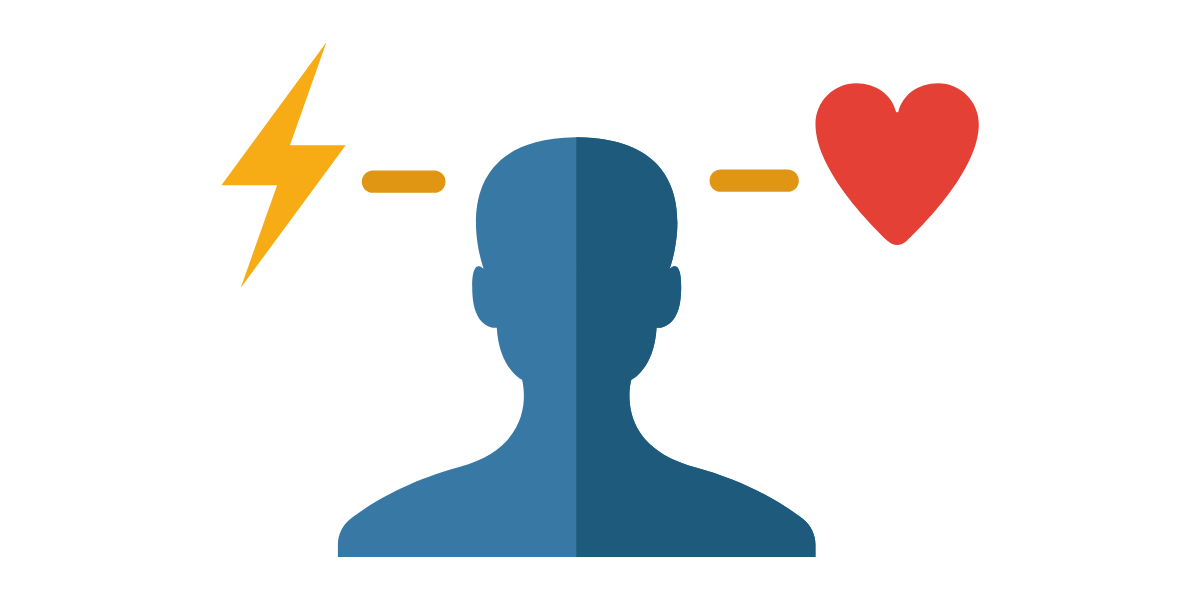
As business and neuroscience draw nearer together, we ought not to fail to remember a portion of the moral issues related to the development of neuroscience.
Mind planning projects in the US, and Europe are energizing turns of events. Finding out about how the brain functions could well be an incredible jump forward for mankind, assisting us with treating mental conditions and seeing each other better; however, similarly, the bits of knowledge should be taken care of dependably and morally to forestall them being changed into devices of control.
Neuroscience: the legitimate inquiry
We have seen a portion of the possible moral issues with utilizing neuroscience worked out in the law courts.
Where does moral obligation begin and finish? Exactly how far would neuroscience be able to clarify human conduct, and in what conditions would it be able to give a safeguard against crime?
Contingent upon how much neuroscience is passable in legitimate cases, gifted legal advisors might have the option to shape strong safeguards around an individual’s cerebrum make-up as opposed to cognizant consciousness of one’s activities. This is a risky street where moral obligation regarding one’s moves could make a rearward sitting arrangement and be utilized to ‘legitimize’ criminal conduct.
There are as yet many ‘ill-defined situations’ inside neuroscience – indeed, one of the awkward certainties with neuroscience is that we just genuinely know a negligible portion of what there is to know about the mind, so it is shrewd to tread carefully here.
The client question
Neuroscience has gotten a ton of consideration as advertisers have cottoned on to the way that working out how individuals act is the thing that they’ve been attempting to nail since they initially began selling things! It has prompted the advancement of the field of ‘neuromarketing.’
Understanding the activities of the human mind unavoidably prompts the subject of how we decide and choices. From the perspectives of advertisers, this implies the purchasing choices of expected clients, and it’s not difficult to perceive how this sort of data could be utilized to make more compelling publicizing and promoting messages.
The worry is the place where the line is drawn and when it becomes unjustifiable control of individuals, particularly youths, into purchasing an item or administration.
The representative inquiry
Another region where neuroscience is progressively applied is inside initiative and groups in associations.
While a piece of sound and fruitful administration is understanding one’s colleagues – without a doubt, it is fundamental – there is additionally a line here that, once crossed, turns getting, inspiration and consolation into control.
This is the reason it requires an expert mediation inside an association to ensure that the bits of knowledge from neuroscience are applied accurately and successfully. It’s anything but a region to face challenges with or to fiddle with weakly. Where individuals’ brains and conduct are concerned, it’s consistently significant business.
Supporting the drive to further develop initiative should be a moral and authentic thought for the prosperity of one’s kin: this turns into the aide by which enhancements are made – then, at that point, the individual, the group, and the association all advantage.
Neuroscience has been appropriately held up as an excellent instrument for becoming familiar with the human condition. The potential is incredible. However, experiences about intellectual and conduct processes are unique – and a level of alert is required prior to applying it to our organizations, just as to our social frameworks.
